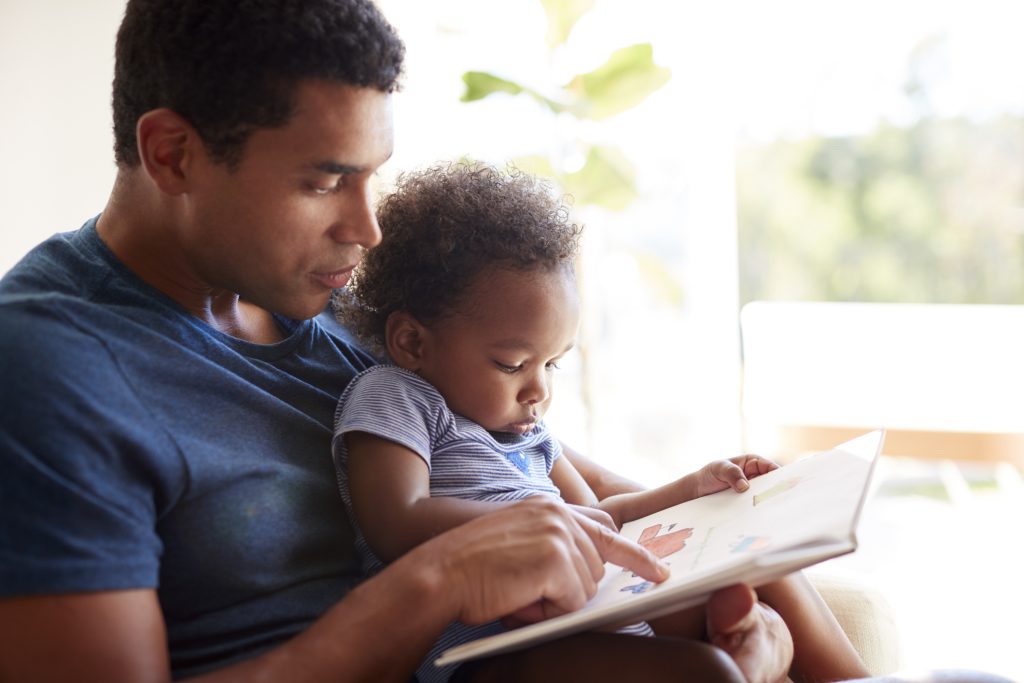
Extensive research during the COVID-19 pandemic has shown its effect on the way we talk and engage with our language, like the introduction of new words like “quaranteam” or the increased frequency of other vocabulary items like words for “hand sanitizer” and “quarantine.” Now, researchers are looking into the effects of the pandemic on not just adults’ language, but on children who are just beginning to learn their first language.
An international team of more than 50 language acquisition researchers has recently released a comprehensive study on the COVID-19 pandemic’s effects on early language acquisition and how lockdown measures affected infants and toddlers’ vocabulary development.
“The COVID-19 pandemic, and the resulting closure of daycare centers worldwide, led to unprecedented changes in children’s learning environments,” the paper reads. “This period of increased time at home with caregivers, with limited access to external sources provides a unique opportunity to examine the associations between the caregiver-child activities and children’s language development.”
The study focuses on the linguistic competence and behaviors of more than 1,700 monolingual children aged eight to 36 months. Throughout the first COVID-19 lockdowns in 13 different countries, the researchers collected information about the children’s linguistic development, with a particular focus on the children’s vocabulary.
The researchers found that there was a significant improvement in vocabulary growth during the pandemic, compared to pre-pandemic norms. Because daycare centers and preschools had to close down during the lockdowns, the researchers also expected that certain socioeconomic factors, such as education levels of the parents would lead to major gains in vocabulary acquisition.
However, upon examining the children’s linguistic growth from the beginning of the lockdown period to the end of the lockdown period, the researchers found that parental education had less of an effect than predicted—rather, how the parents interacted with their children was the main factor in vocabulary acquisition. The researchers found that children whose parents read to them often and limited their screen time were more likely to have significant improvements throughout the lockdown than those whose parents did not. “This large-scale multinational study offers a unique window into associations between features of the home environment and children’s longitudinal vocabulary development during the first COVID-19 lockdown,” the paper reads. “Taken together, the results suggest that who you are (your education, your child’s age or sex) does not predict vocabulary development as much as what you did with your child during lockdown.”





